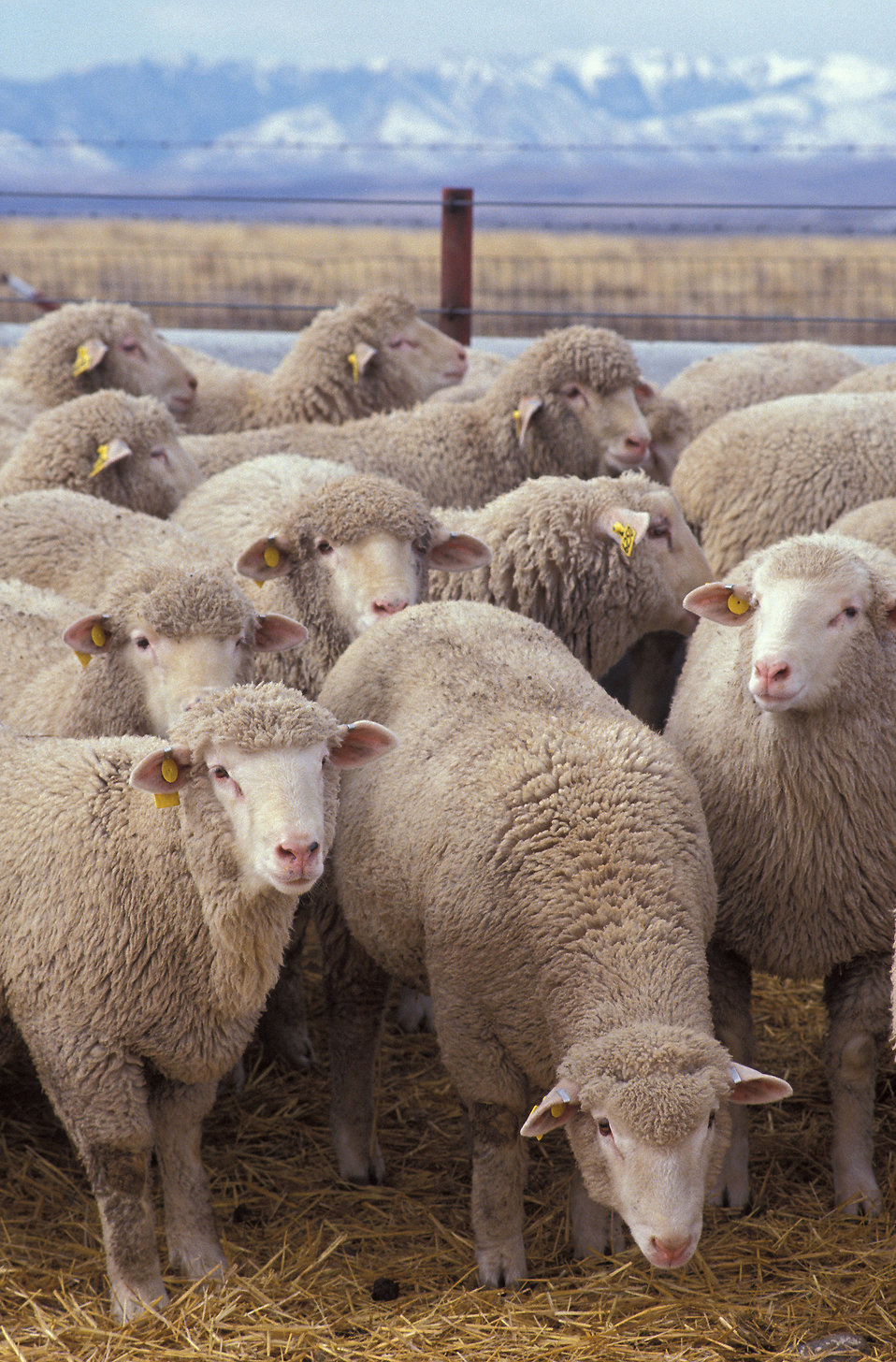Friday, May 29, 2015 - According to Perry Miller, professor of land resources and environmental sciences at Montana State University, preliminary results of a long-term U.S.D.A. research, education and extension project indicate that there are many benefits from including sheep in an integrated cropping and livestock system.
Tillage, which is frequently used to terminate cover crops and control weeds, often tends to disrupt soil structure and reduce organic matter. Using domestic sheep to manage fallow and terminate cover crops may enable farmers who grow organic crops to save money, reduce tillage, manage weeds and pests, and reduce the risk of soil erosion.
Instead of using traditional tilling machinery, the project featured a reduced-till organic system where researchers placed sheep at the heart of the project to graze farmland for cover crop termination and weed control. This not only saved money on tillage costs but also realized a profit when the lambs were sold for processing after grazing cover crops.
Patrick Hatfield, MSU animal and range sciences professor who is part of the research team said, “Using sheep as the central tool in an integrated system like this is unique because it looks at agro-ecosystem management from a holistic perspective. Our study is unique in that it’s bridging farm systems and ranch systems in an enterprise-level manner and finding very real economic and agronomic benefits.”
Learn More Here